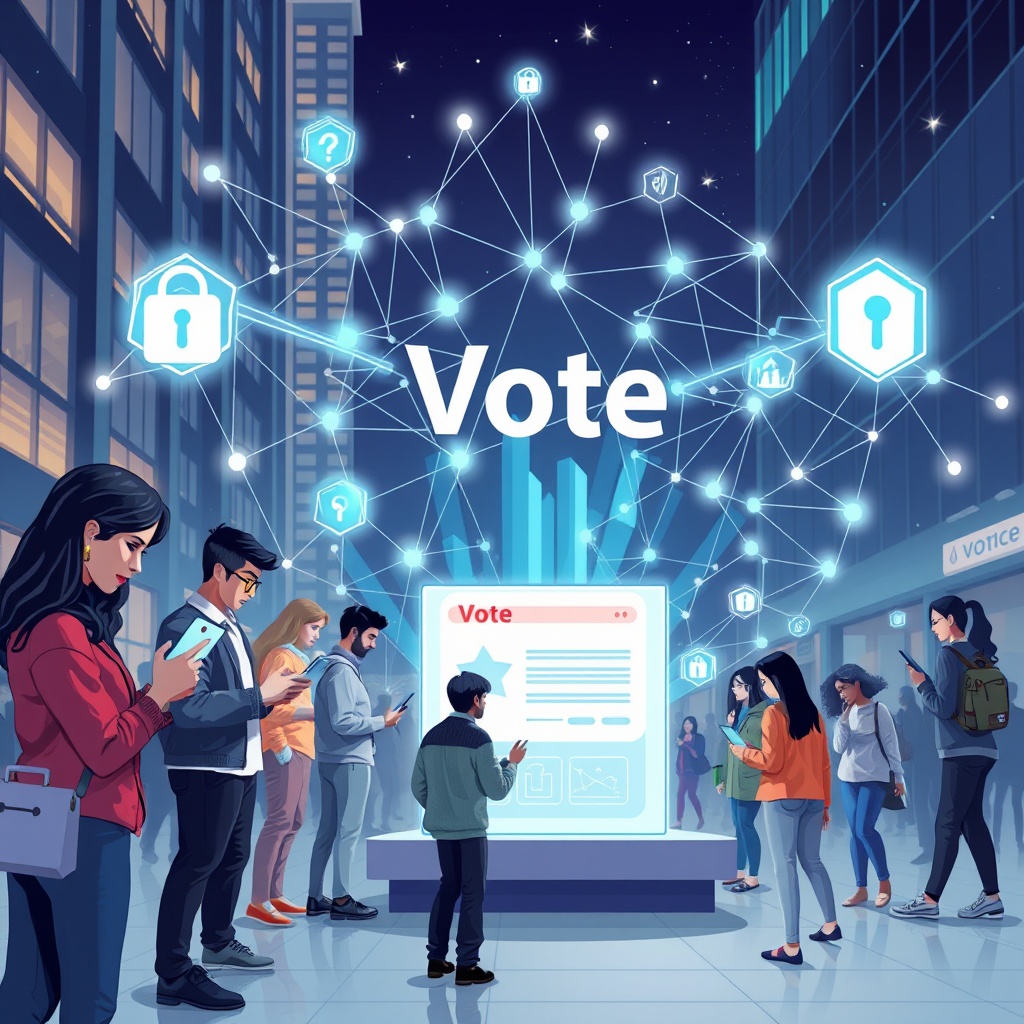Understanding the Need for Change
The traditional voter registration system has long been plagued by issues such as inefficiency, accessibility, and security concerns. With rising instances of identity fraud and bureaucratic delays, there is an urgent need for a more robust solution that guarantees the integrity of the electoral process. Enter blockchain technology—a decentralized ledger that offers unprecedented security and transparency.
How Blockchain Transforms Voter Registration
Blockchain technology enables the creation of decentralized voter registration systems that can significantly improve the voting experience. By leveraging this technology, we can ensure that voter identities are securely managed, while also allowing for real-time updates and access to the voter rolls. This not only enhances the accuracy of the data but also fosters trust in the electoral process.
Here are some key benefits of implementing decentralized voter registration using blockchain:
- Increased Security: Blockchain’s immutable nature ensures that once data is recorded, it cannot be altered or deleted, reducing the risk of fraud.
- Enhanced Accessibility: Voters can register from anywhere, making the process easier for those with mobility challenges or living in remote areas.
- Real-Time Updates: Changes to voter information can be made instantaneously, ensuring that the database is always up-to-date.
- Greater Transparency: Voters can verify their registration status easily, fostering confidence in the electoral system.
- Cost-Effectiveness: Reducing the need for physical paperwork and manual processes can save governments significant resources in the long run.
Challenges and Considerations
Despite the numerous advantages, implementing a decentralized voter registration system using blockchain is not without challenges. Issues such as technological literacy, cybersecurity, and the need for regulatory frameworks must be addressed. Additionally, there is a pressing need for public education on how to use these systems effectively to ensure widespread adoption.
By overcoming these hurdles, we can pave the way for a more secure, efficient, and transparent voting process that empowers every citizen to participate in democracy confidently.





